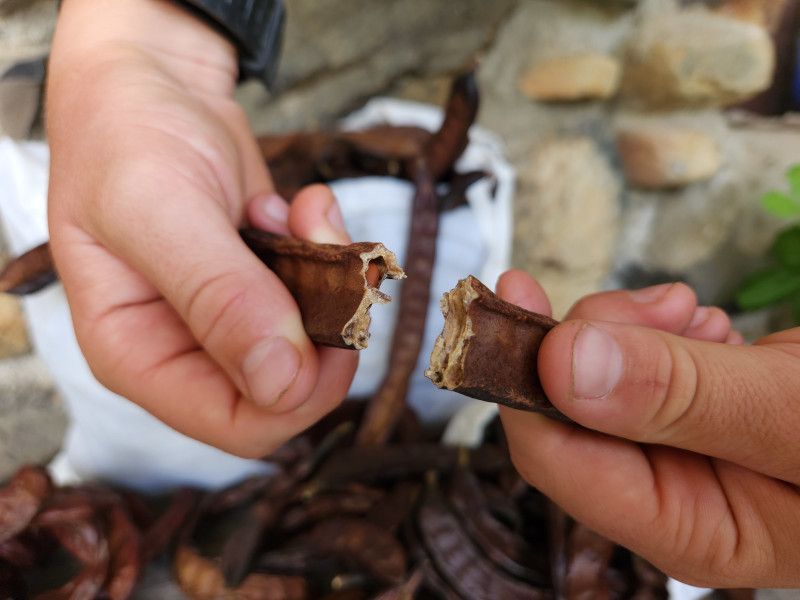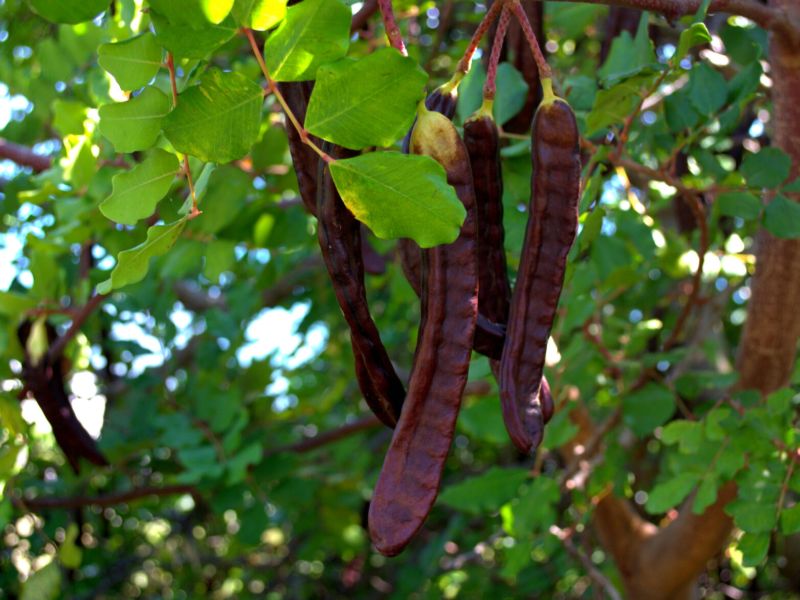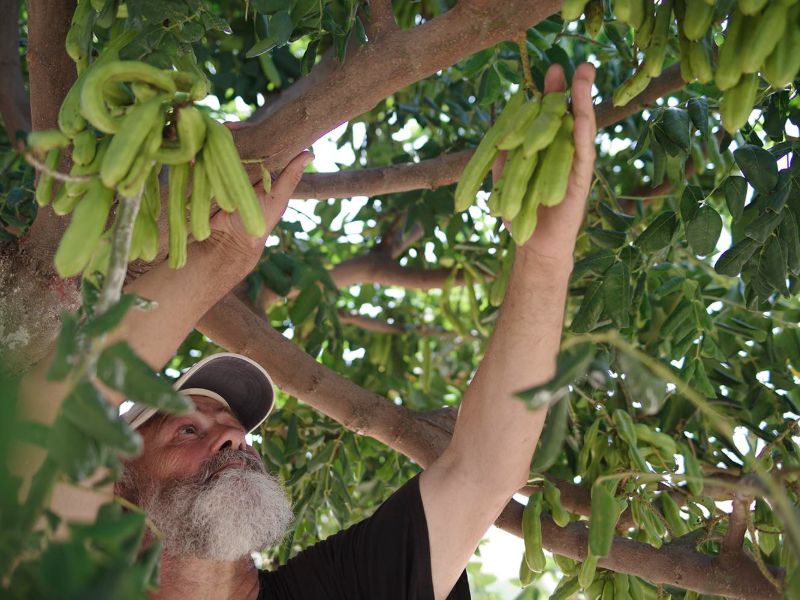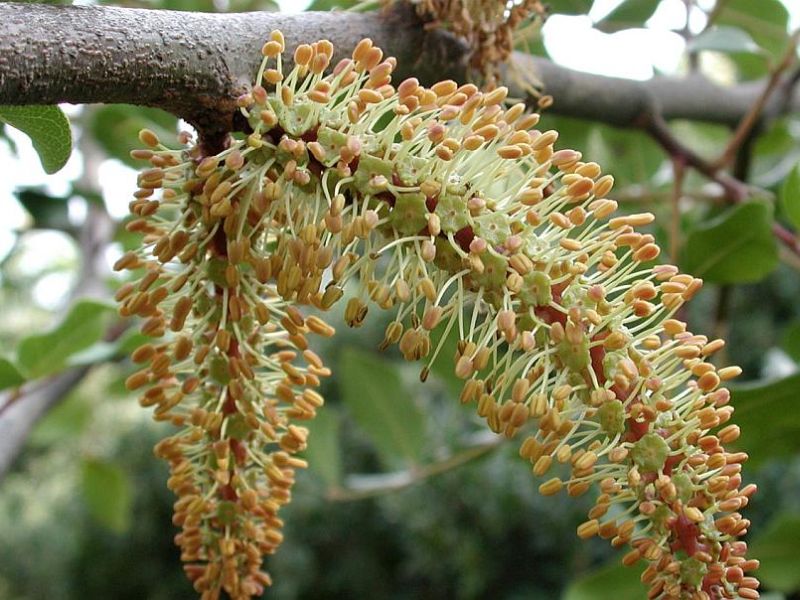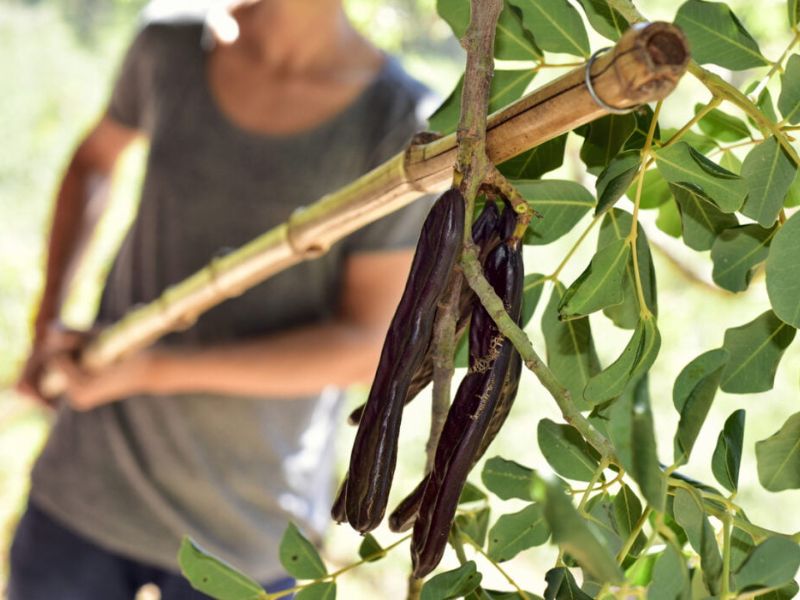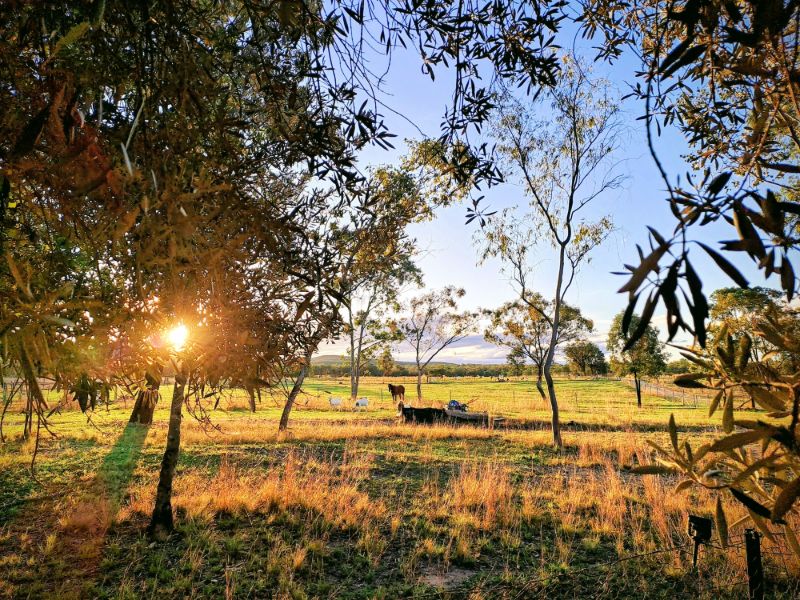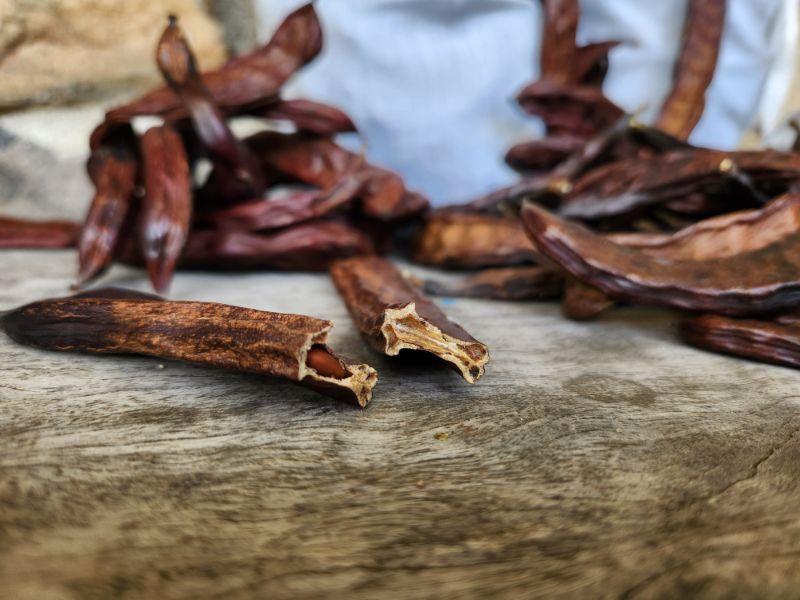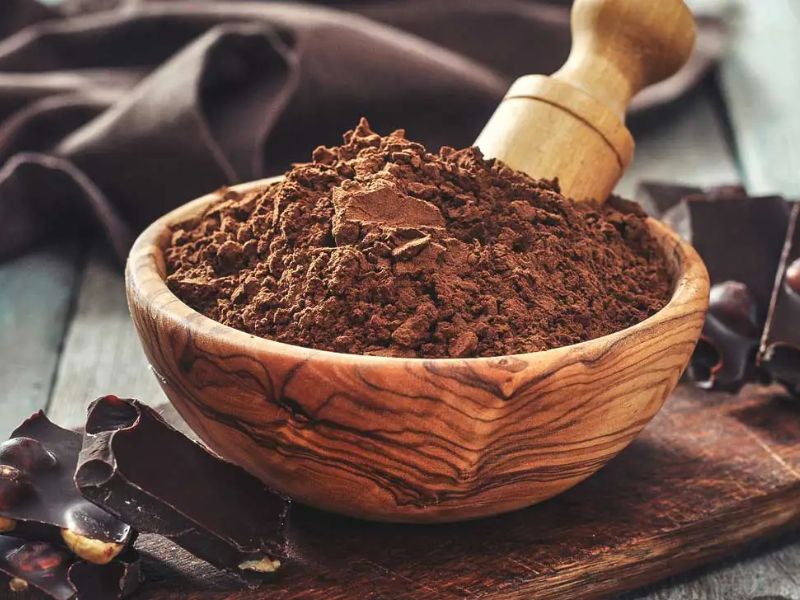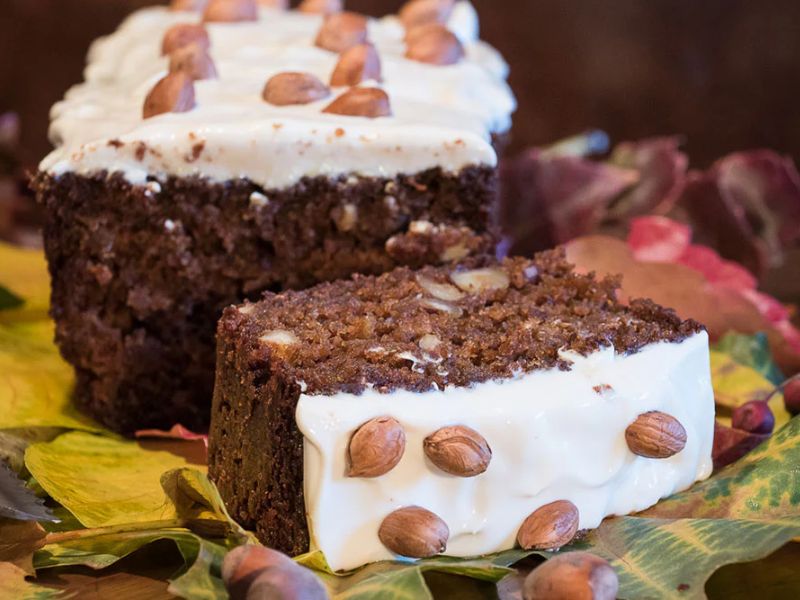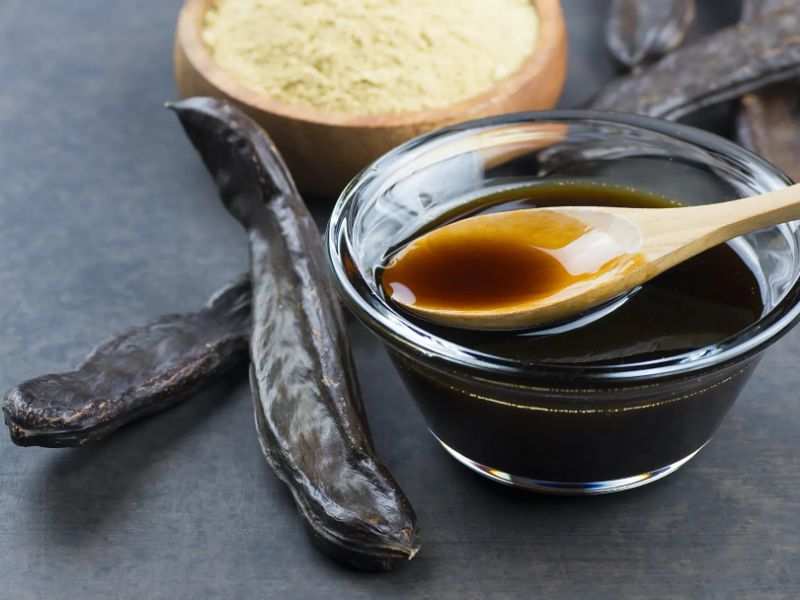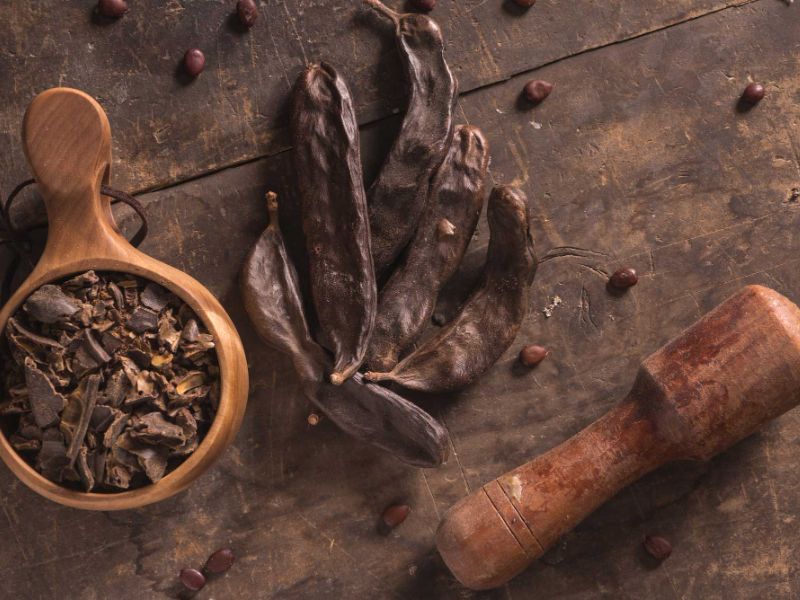agriculture at Sky camp
farming
Sky Camp is surrounded by native forests of iron bark, box and mountain gums. The soil is mostly a crusty, hard, dry sandy granite soil. not much good for growing oats, but perfect for carob.
growing Carob
Carob (Ceratonia siliqua) is a flowering evergreen tree native to the Mediterranean region, known for its edible pods often used as a natural chocolate substitute.
Carob thrives in arid and semi-arid climates, growing up to 15 meters tall with broad, glossy leaves. Carob trees produce small, greenish-red flowers in dense clusters along old wood and branches. The female flowers rely on insects, particularly flies and bees, for pollination with the male trees.
Once pollinated, the flowers develop into long, leathery pods that ripen to a rich brown color. These pods contain sweet, pulpy flesh and hard seeds, which are harvested and processed into powder, chips, or syrup.
carob uses
Carob is widely valued for its culinary uses and health benefits. The pods are ground into a naturally sweet powder used as a caffeine-free, low-fat alternative to cocoa in baking, beverages, and confections.
Carob syrup is popular as a natural sweetener, and the seeds are processed into locust bean gum, a common food thickener.
Nutritionally, carob is rich in fibre, antioxidants, and calcium, supporting digestive health and bone strength.
It contains no theobromine or caffeine, making it suitable for those sensitive to these stimulants. Additionally, its low glycemic index makes it a favourable choice for managing blood sugar levels, and its tannins have antibacterial properties.

